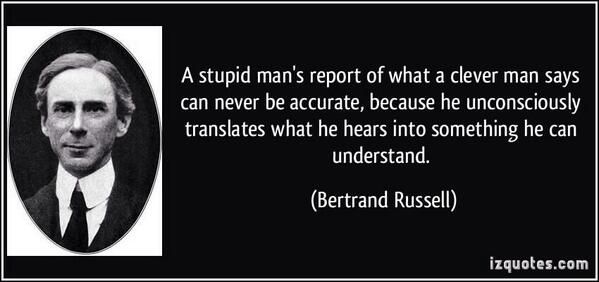D
Deleted member 16771
I'm not sure if perhaps you misinterpreted something I said or I didn't articulate well enough (probably) but in any case, this is correct as far as I'm concerned
No no I just went off on a tangent there on the general theme of humility... I suppose the relevance is, does it matter if Socrates felt humble or not?

